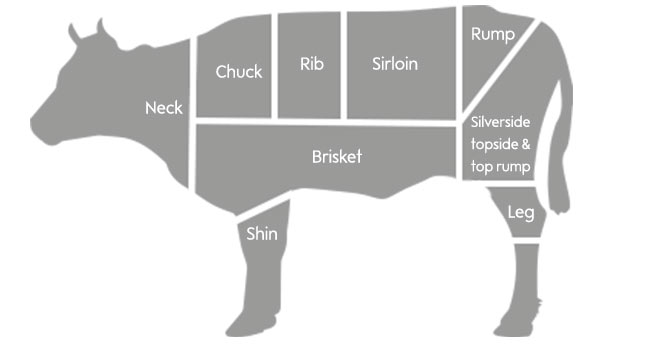Most of us,Foochows of Sibu, in the early 1950's were born at home even though we already had a splendid modern hospital, the Lau King Howe Hospital.
The local Foochow midwives were mainly barefoot midwives or semi trained midwives. They could be called up any time to deliver babies for a simple token sum of money. It would not make any new parents poorer by calling them. Interestingly, according to my mother, some of the midwives were just too happy to help with a birth. A bowl of longevity noodles could have been a very fair payment!!
Besides, as if by Providence, there were so many women who were able to use their God given skills to help their fellow women deliver, sometimes. In some cases, just by sheer coincidence that they were around at the right time and right place. And indeed in most circumstances the baby and mother were fine. Only a few Foochow mothers in our known history died during childbirth, one of whom was Grandmother Wong, of my Tiong family.
I was delivered by a local semi trained midwife or "boh neh". this surprised quite a number of people as my father was a university graduate. He adhered my shy mother's request to have a very able aunt deliver me, and not a male western doctor. It was afternoon when my mother told my father it was about time.
My father took the speed boat across the river Rajang and got hold of boh neh. I was his first born and probably that was a very daunting task for a man of 40.
The confinement lady, 6th Aunty to me and 6th Sister to my mother was already by my mother's bed side. She had boiled a few kettles of hot water and they were waiting. She had not had a wink of sleep throughout the night.
Finally about five thirty in the evening, my father came, nonchalantly,as always, with the midwife. She went to work swiftly and had me delivered me at six a.m. I was quite a sporting baby indeed.
Sixth Aunt had prepared the paper towels (available in Tai Lung, Sibu), bath towels, scissors, hot water, for the birth, and strings for my umbilical cord, Mum did not haemorrhage as she was healthy and athletic from all her rubber tapping and rice planting and of course, carrying of water with her bian dan. She told me that she was glad that she had a very hardworking life, many years later.
No fire crackers were lighted at my birth because I was a female child. But that did not deter me at all or stop me from feeling good. I was a light hearted child, very naughty according to my baby sitter Yew Ping and I had the tendency to get into scrapes and ask too many questions.
According to my birth time, which gives me my spiritual time and 8 letters, Sii Ling Pek Ji, I am a determined child with a lot of targets to shoot. The midwife was pleased with my delivery and the healthy cries.
After the delivery, the best parts of the newly slaughtered chicken were placed in a huge bowl of soh mien for her. An angpow was given to her although my mother cannot remember how much it was. If I had been a boy child, she would have been given more, perhaps even a piece of material, and other gifts from the grandparents.
All this happened without the presence of my father, who discretely remained at a distance, while the ladies busied themselves with the arrival of a newborn.
My paternal grandparents came from Sibu town to see me the next day. My maternal grandmother had came from Ah Nang Chong to stay to help out for a month. All relatives coming to visit my parents would bring a chicken tied with red strings, and some soh mien and may be even eggs. This was the spirit of gotong royong in those days to help the new mother get through her 30 days confinement.
My maternal grandmother had already kept a brood of chickens for the confinement also, as a gift to her son in law. This was then the duty of a mother in law. She would have to make sure that her daughter would have at least one chicken a day for her confinement.
Every one who came to visit was given a bowl of chicken soup and noodles, and an egg. Sixth aunt's job was to ensure that every visitor was entertained properly. My maternal grandmother's role was to keep my mum company and to engage in some conversation with my dad, a new father, who might be rather lost without an elder's advice. Usually only women come to "send peace" or shung ang in Foochow. This kind of moral support was so important according to an uncle, who told me such things later. New fathers and new mothers needed counselling!!

My mother said that she had a good confinement because all the women folks treated her well, although she was a bit disappointed that I was a girl. And right from the beginning I had a baby sitter in Sister Yew Ping who remains my good friend until today. Mum has always appreciated her help.
My maternal grandmother commented, "In China, she (meaning me,would have been thrown in the tampoi or river...so don't you say anything...." GRandma was always very forthright.
 |
| Cousin Yew Ping,a recent photo. |
Besides my mother had a great helper in diligent and obedient, ever smiling Yew Ping, who was adopted by my grandfather for one of my uncles. She stayed to look after me until she got married.
I was saved by new thinking, by the new country (Sarawak)..And I was far far away from China where female children were unwanted.
主的恩典夠我们用,阿们。
What's your birth story like?















